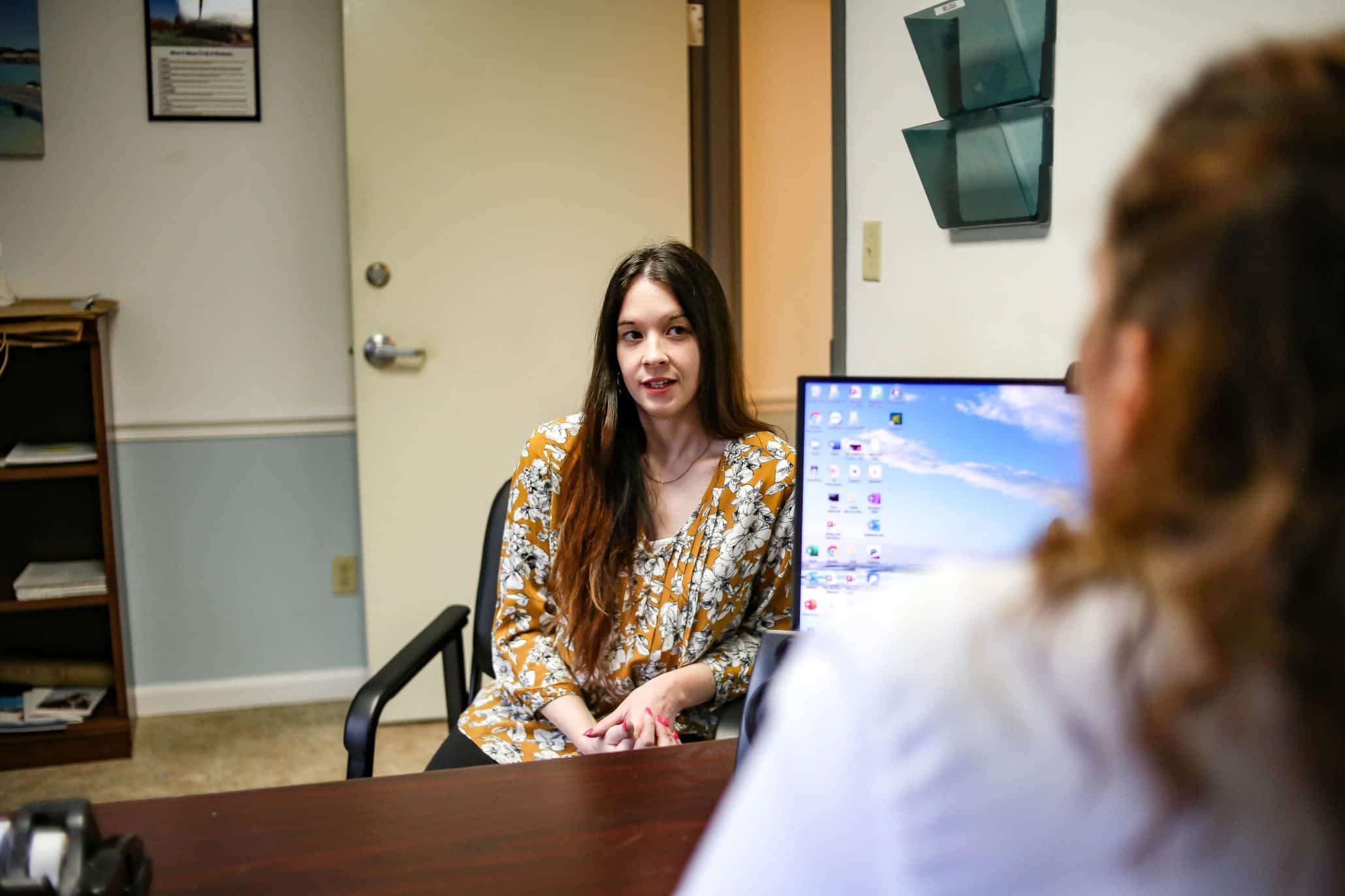How To Prevent Relapse
To help prevent relapse, it’s important that individuals practice self-care, formulate a plan in case they experience urges to use again, discuss their progress and addiction with close family or friends, and take medication if prescribed.
Treatment for chemical dependencies is a lifelong process. Addictions to drugs or alcohol change the structure of the brain so that even after the substances are removed from the body the desire to use them may still persist.
Chemical dependency, especially over a long period of time, can permanently modify the way the brain functions, altering neurotransmitters and the way that they operate. As such, the potential for relapse is always there, and a comprehensive relapse prevention plan needs to be put into place during treatment to help those who suffer from addiction maintain their sobriety.
The Stages of Relapse
Relapse is a process—not a one-time event. It often involves a battle between a patient’s desires to stay sober and the emotional or physical pull back to their drug of choice. With both alcohol relapse and drug relapse, the process can be slow or fast, but unless an intervention is made it is very difficult for individuals to resist the urge to return to their usage.
The stages of relapse are emotional, mental, and physical.
Emotional relapse includes behaviors that prime an individual for relapse. Things like trying to push thoughts of usage away instead of working through them, isolation from a social support system, and failure to practice self-care.
Mental relapse occurs after emotional relapse symptoms have set in. If an individual fails to address the signs of emotional relapse, they may start to obsess over and glamorize past substance usage and misperceive or sugarcoat the consequences that they have faced. During this stage they may also start to actively consider and plan their relapse.
Physical relapse is the last stage. It involves the individual putting themselves in situations they know may trigger relapse, reaching out to people from their past, or actively seeking out and consuming the substance they are addicted to.
Call (855) 859-8808 for direct assistance

